- Learning time
- 20 minutes
- First play time
- 60 minutes
Unearth
Designed by: Jason Harmer,Matthew Ransom
Unearth imagines you finding lost cities in some far-flung civilisation, digging them up and finding precious stones.
Despite the epic theme, this is a quick-playing game with reasonably simple decisions: Each player takes a set of coloured dice, and Ruins cards are face-up on the table, which have a colour and number value. On your turn you simply roll a die and add it to one of the ruins (you have to announce which Ruin before you roll). When the numeric value of the Ruin is reached, the player with the highest value die on the card claims it and all dice are returned to their owners. What you really want is lots of the same coloured Ruin card, as sets of the same colour score big points.
But seeded into this basic idea is a kind of secondary element that tries to mitigate the luck of the rolls. First off, if you roll a one, two, or three, you get to take a stone from the Ruin (if there are none left, you take a random one from a bag) and in front of you’re building stone circles: complete a circle and you get to place a Wonder in it, which will give you points at the game, and possibly a little in-game benefit as well.
Secondly, if you lose out when the Ruin card is claimed, you get a compensation of sorts as each ‘failed’ die that returns to gets you a Delver card: these can be played on your turn before rolling the dice. They might let you re-roll your own dice, or other people’s, or have some other sneaky effect.
When the last Ruin cards have been claimed points are tallied – big sets of the same colour Ruin will score big points, but one of each (there are six) colours gets you +5 points, and building at least three wonders also scores +5. Players score their wonders too, and most points wins.
Joe says
I've only played once, but Unearth felt fairly mechanical to me. I didn't have a sense of discovery, which is the theme; just of adding my dice to others to try and win cards and gems. A bit like Las Vegas with (what to me felt like) unnecessary embellishments.
The guru's verdict
-
Take That!
Take That!
Much of the Take That here is from fate, but keen-eyed opponents will watch what you're picking up and try to stop you from getting more of the same. Some Delver cards can be a bit spicy too.
-
Fidget Factor!
Fidget Factor!
Once you know the game, very low.
-
Brain Burn!
Brain Burn!
There's not much brain-burning here - it's a light game of set-collecting.
-
Again Again!
Again Again!
The cards all come out randomly, and dice-rolling is always unpredictable. There's not a massive variety in how the game plays, but as it's relatively brief that feels OK.

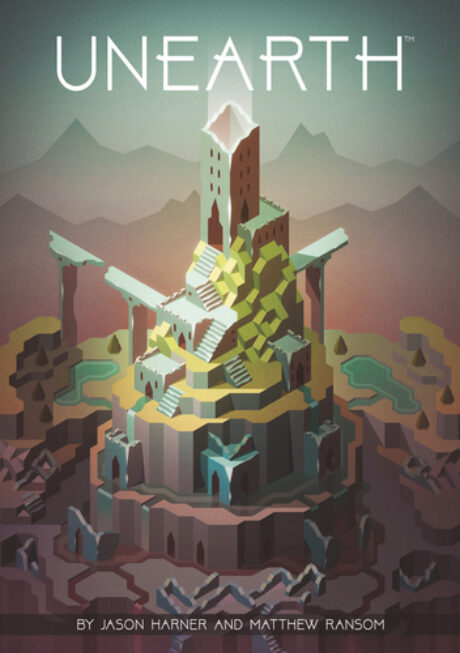
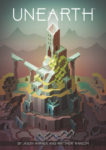
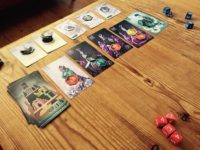
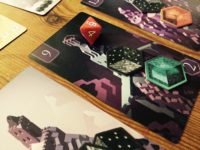
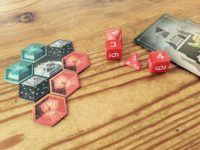
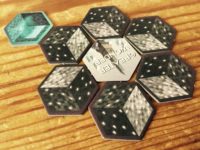


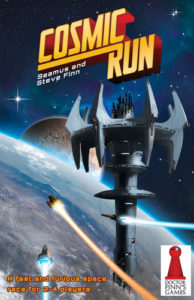
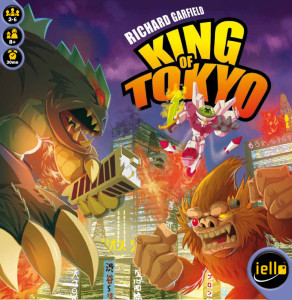
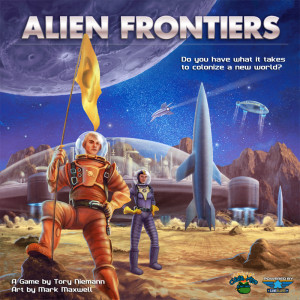
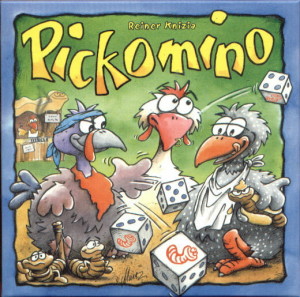
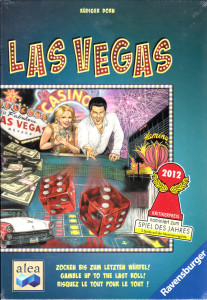
Sam says
It looks gorgeous - I love the artwork, which reminded me of the computer game Monument Valley. And it is fun, but I think you're at the mercy of fate more than other dice-rolling luck-pushers such as Cosmic Run, as the stone-collecting doest seem to match up to the ideal of rolling high. It looks so pretty, I can kinda forgive it that... but I agree with Joe that there are more alluring games out there in terms of play.